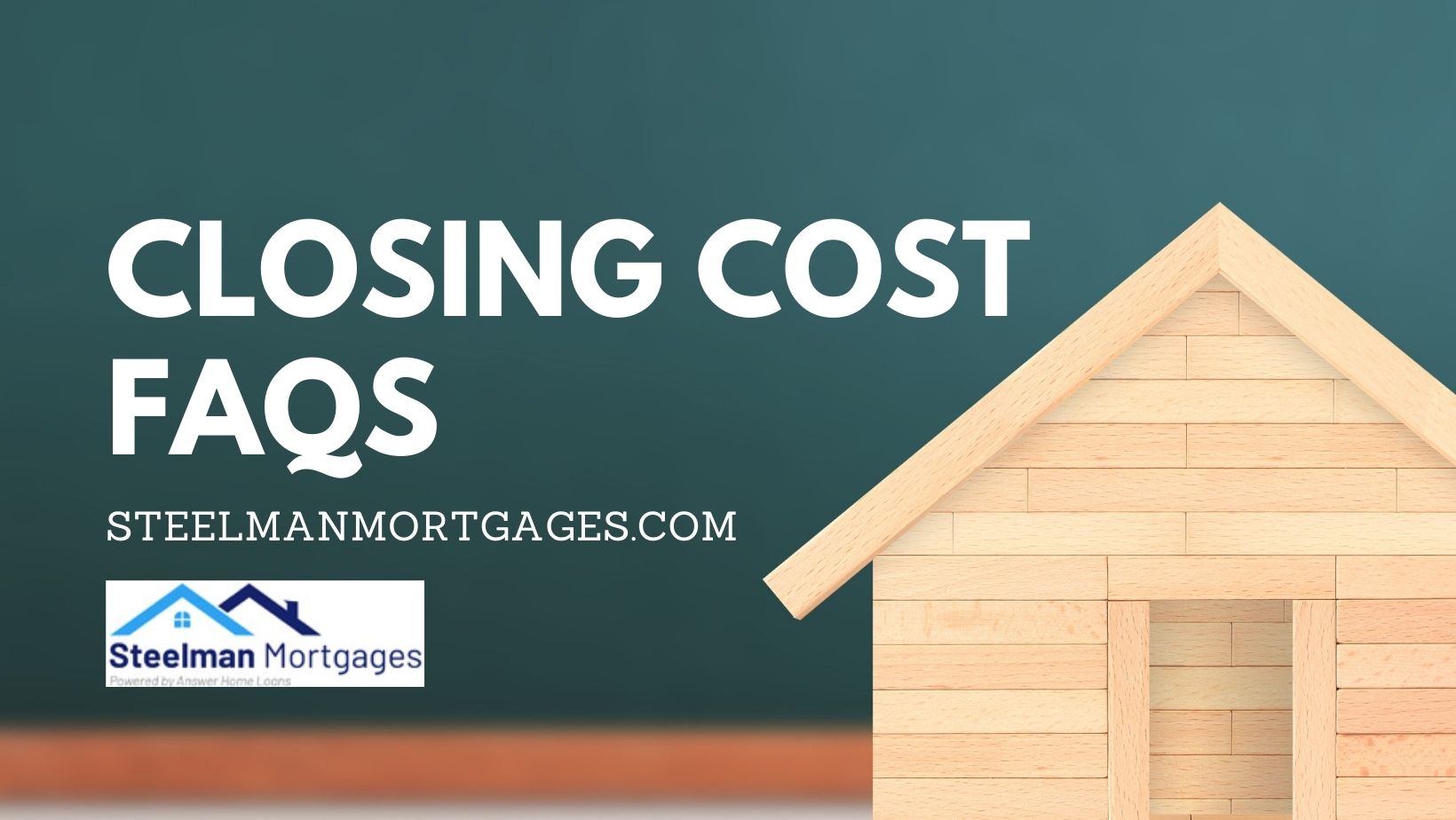With a struggling economy and inflation affecting many would-be first time home buyers, you may be wondering whether buying a house is still a good idea this year. The short answer is, if you are financially prepared with a good credit score, a down payment to cover 3.5% of the home price, and an income that will comfortably accommodate a monthly mortgage payment, real estate is still a great investment.
The first place to start is talking with a loan officer. Schedule a time to speak with one of our loan officers to find out how much you are qualified to borrow and what your interest rate would likely be. Once you know what your monthly payment and overall budget would be, you can more accurately decide if now is the time to buy a home. If you can afford it, investing in real estate is still one of the best financial decisions you can make, and here’s why.
1. Inflation will begin to work in your favor
As soon as you buy a home, inflation begins to work in your favor. Rather than working against inflation as your housing costs rise, your locked in mortgage payment will feel increasingly affordable. As rent prices rise to reflect the overall economy, homeowners benefit by having increase home equity without paying a penny more for this valuable asset.
Having equity in your home can act as a buffer when the economy struggles. Your home is one of the few assets that works for you both now, as a place to live, and in the future, as an appreciating asset.
Experts expect that home prices will continue to grow, even if they grow at a slower rate than they were last year. With a long term mindset, you as a homeowner can reasonably anticipate significant appreciation over time, while locking in your housing costs.
2. Owning a home gives you unique opportunities
When you own a home, you have opportunities you will not as a renter. Not only are you protected from some of the biggest effects of inflation, but your increasing home equity can become a resource for you. Home equity can be used in a number of ways, including:
- Refinancing out of PMI, the mortgage insurance premium you will pay each month if you put less than 20% down
- Take out a HEL (home equity loan) to finance a home renovation or fund a college education
- Open a HELOC (home equity line of credit), best used as a resource for home projects that will add value back into the property
There are also unique tax benefits available to homeowners, as well as other financial opportunities like renting out your home as an short term vacation rental or running a business from part of your home.
3. Many of the benefits of homeownership are more than financial
While the financial factors in buying a home are reasonably at the top of first time home buyer’s minds, there are more benefits to homeownership than the resource of equity and the fixed housing cost. You will also enjoy being in control of your housing, not having to move when your landlord decides to sell or limit your decorating and renovating to what is reversible when you leave.
Other non-financial benefits of homeownership include:
- Being able to stay in the same school district as long as you would like
- Having say over the amenities in your neighborhood if you are part of an HOA
- Enjoying full autonomy over how the land is used for gardening, pets, or outdoor hobbies
To learn more about preparing to buy your first home, start by talking with one of our loan officers. They can walk you through the home buying process and help you discover whether you are ready now. If you are not quite ready, they can direct you to the right next steps to prepare your finances for home ownership.
IF you enjoyed this post, these might be helpful as well:
5 Common Mortgage Mistakes to Avoid
The Most Important Steps Toward Buying Your First Home
Steps to Determining Your Mortgage Budget
5 Benefits of Buying a House with Good Credit
What’s the Difference Between Pre-Approval and Pre-Qualification?
10 Days to Know About a VA Loan
7 Signs You’re Ready to Buy a House
How to Build Credit to Buy a House



